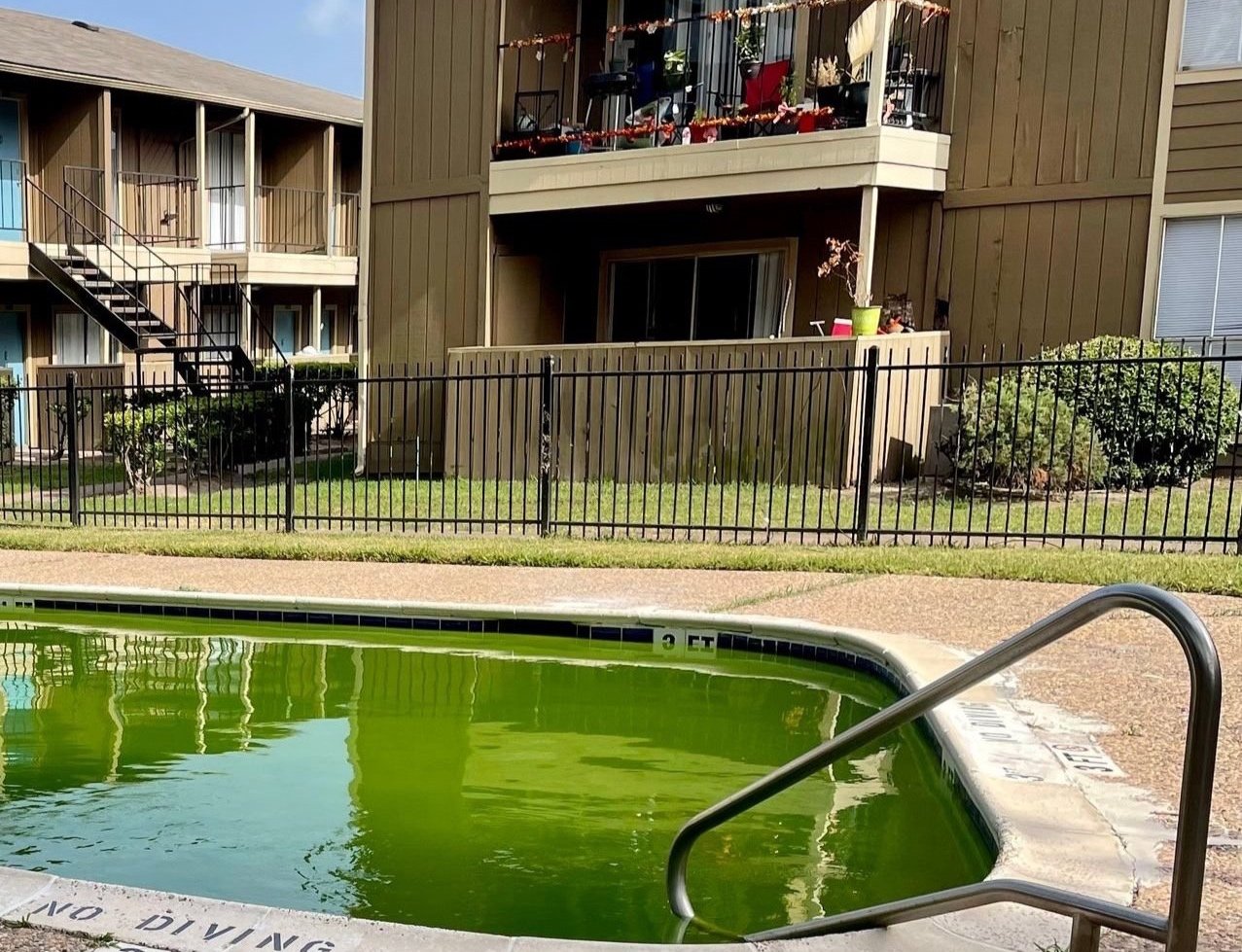Wall Street Journal: Housing Bust
An Open Letter Response to a WSJ Article
To our valued investors,
We’d like to take a moment to address a Wall Street Journal article which was published on Tuesday May 23rd.
"A Housing Bust Comes for Thousands of Small-Time Investors"
"They were offered the benefits of owning apartment-building rentals without any of the work, in real-estate investments that have already left some people empty-handed"
https://www.wsj.com/articles/a-housing-bust-comes-for-thousands-of-small-time-investors-3934beb3?st=i2m067j23bbtj8h&reflink=desktopwebshare_permalink
Since it’s been widely circulated in the news, and a hot topic of discussion in the real estate world, we’d like take the opportunity to discuss it openly.
For those who may have missed it, the article dives into the mess of amateur multifamily real estate syndicators who bought wrong during the post-pandemic fueled real estate boom. Now, in the wake of rising interest rates and plateauing rent growth, many of these operators are being foreclosed on by their lenders, wiping out investor equity in the process.
Granted, the story is one which the world needs to hear in order to bring awareness to the issue, and to stop more uneducated investors from investing with inexperienced operators. However, as per usual in the news, it’s not the whole story, and it casts a wide, negative light on the entire syndicated investment landscape.
There are a few key points that we’d like to highlight here..
Management / Operations
The headline features pictures of an algae-ridden swimming pool, and one of boarded up windows, which elicits a deep sense of disappointment for these investors. Real estate is not an easy business. It requires maturity and tenacity.
Operational management is paramount to the success of an investment, and this article highlights a clear failure.
When you invest in a syndicated deal, you invest in a team of people. As the saying goes, you bet on the jockey, not on the horse. Even the best of deals can be ridden off the track by a poor management team. Conversely, a strong, experienced, and attentive operator can make an awful deal perform, and overcome nearly any challenge or disaster that may arise.
At Turbine Capital, we will often spend upwards of a year monitoring a potential operating partner’s operations and dissecting their track record before committing to an opportunity.
Underwriting
Underwriting is the detailed analysis a potential acquisition.
In large scale commercial real estate deal, the underwriting file is an immensely complicated and nuanced Excel document which quantitatively outlines the the business plan and projects profits.
Underwriting is the process of analyzing a potential acquisition. For a single family rental property, it could be as simple as taking the potential rent and subtracting all of the expenses and debt payment to come up with your expected cash flow.
However, in large scale commercial real estate deal, the underwriting file is an immensely complicated and nuanced Excel document which quantitatively outlines the the business plan and projects profits. It is the tool which takes raw inputs of financial assumptions and produces outputs; projected returns.
The unfortunate underwriting of some of the operators this article alludes to could have been seen from a mile away. Take any deal under the sun, and if you want a 20% annualized return, a sponsor can give you a 20% annualized return, simply by tweaking some of the assumptions in the underwriting model. Or, for more firepower, you could underwrite a refinance in year 2 after a large percentage of the units have been renovated. The problem is that if the refinance can’t be accomplished (due to underperformance or higher than expected interest rates), the numbers wouldn’t have support the purchase in the first place, and the project is in trouble. We saw quite a lot of this in 2021, and we deviated way clear.
The important task of underwriting review on any potential deal is accomplished by professionals on our team at Turbine Capital. By scrutinizing a deal’s underwriting model, we can identify what assumptions are driving the projected returns, and flush out any overly-aggressive or unreasonably optimistic numbers.
Additionally, every one of our deals has its underwriting file(s) publicly available in the deal room for review.
Diversification
One of the most distressing accounts in the article is the quote from an investor who “lost millions of dollars and most of their life savings”.
The fact this individual lost so much is disheartening. But it’s a reminder that one should never put all their eggs in one basket. What that means in the world of real estate? Don’t invest all your money in one asset class, in one geography, or with one operator.
At Turbine Capital, we work with a range of top-notch teams across many different asset classes and geographies – which affords our investors the opportunity to select from a diverse menu of options as they come available.
In Summary
This is not a “holier than thou” letter. We are sympathetic to those who have been entangled in the mess created by these unfortunate circumstances, and we are not saying that we are immune from some future economic loss.
It’s important to note however that this news story revolves around a very small fraction of deals, and that there are many, many success stories which stand in overwhelming contrast it – not only in financial successes, but in the creation of beautiful, clean, well-managed communities for tenants as well. (And of course, we’re only scratching the surface by talking about multifamily here).
When there is an plane crash, it shouldn’t be taken as a broad indication that flying isn’t safe. But a result of a sequence of events which the flight crew (usually for lack of training and/or experience) was unable to overcome. The same holds true here.
In closing, we would like to remind investors that every opportunity comes with risk. We do not offer financial advice, nor do we pick investments for our clients. However we do work exclusively with exceptional operators, and select only what we believe to be the very best opportunities to participate in. Most importantly, we pay close attention to macro-economic trends, and perform extensive diligence in order to minimize these risks before ever presenting an opportunity on our platform.
Turbine Capital specializes in commercial real estate syndication deals for pilots and other high-income w2 professionals. If you’d like to learn more about commercial real estate investing, please join our investor club.


